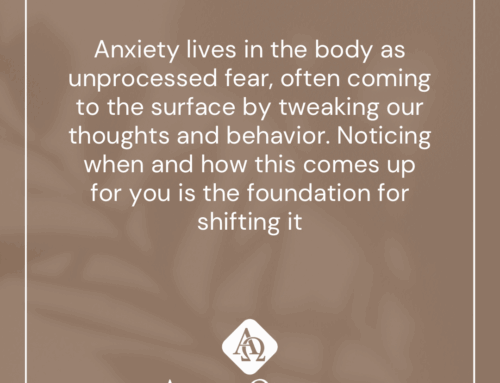From our 2021 article titled, “The Place Where Lent and Mental Health Meet”:
“A good question to ask might be, “What do I need to care for my mental and emotional wellbeing, and am I doing that now?”. Finding some clarity around these needs can help us discern the non-negotiable areas of what to practice and not practice for Lent. It would not be safe to adopt any practices that significantly compromise our mental and emotional stability. Yes, it is true that fasting/abstaining and increased spiritual discipline can be distressing but it shouldn’t be so distressing that we can’t function or are in danger of a mental health crisis. In other words, if our attempts to clear space within ourselves lead to more significant mental health symptoms, it defeats the purpose of Lent. We must keep in mind that the purpose of spiritual discipline is to be more fully united with God, not to make ourselves miserable. In fact, doing the hard work of choosing healthy coping options, attending therapy, and engaging our pain and suffering is enough of a sacrifice in and of itself. With this in mind, fasting could take the form of fasting from unhealthy ways of addressing your mental health.”
“Much more is accomplished by a single word of the Our Father said, now and then, from our heart, than by the whole prayer repeated many times in haste and without attention.”
–St. Teresa of Avila
“One must not think that a person who is suffering is not praying. He is offering up his sufferings to God, and many a time he is praying much more truly than one who goes away by himself and meditates his head off”.
–St. Teresa of Avila
Want more ways to receive our content? Follow us on Instagram or Facebook or subscribe to our e-newsletter!
* The information provided is for self-enrichment and not intended to replace any necessary mental health treatment.
Warmly,
Jonathan Dixon, LMFT
Alpha Omega Team





